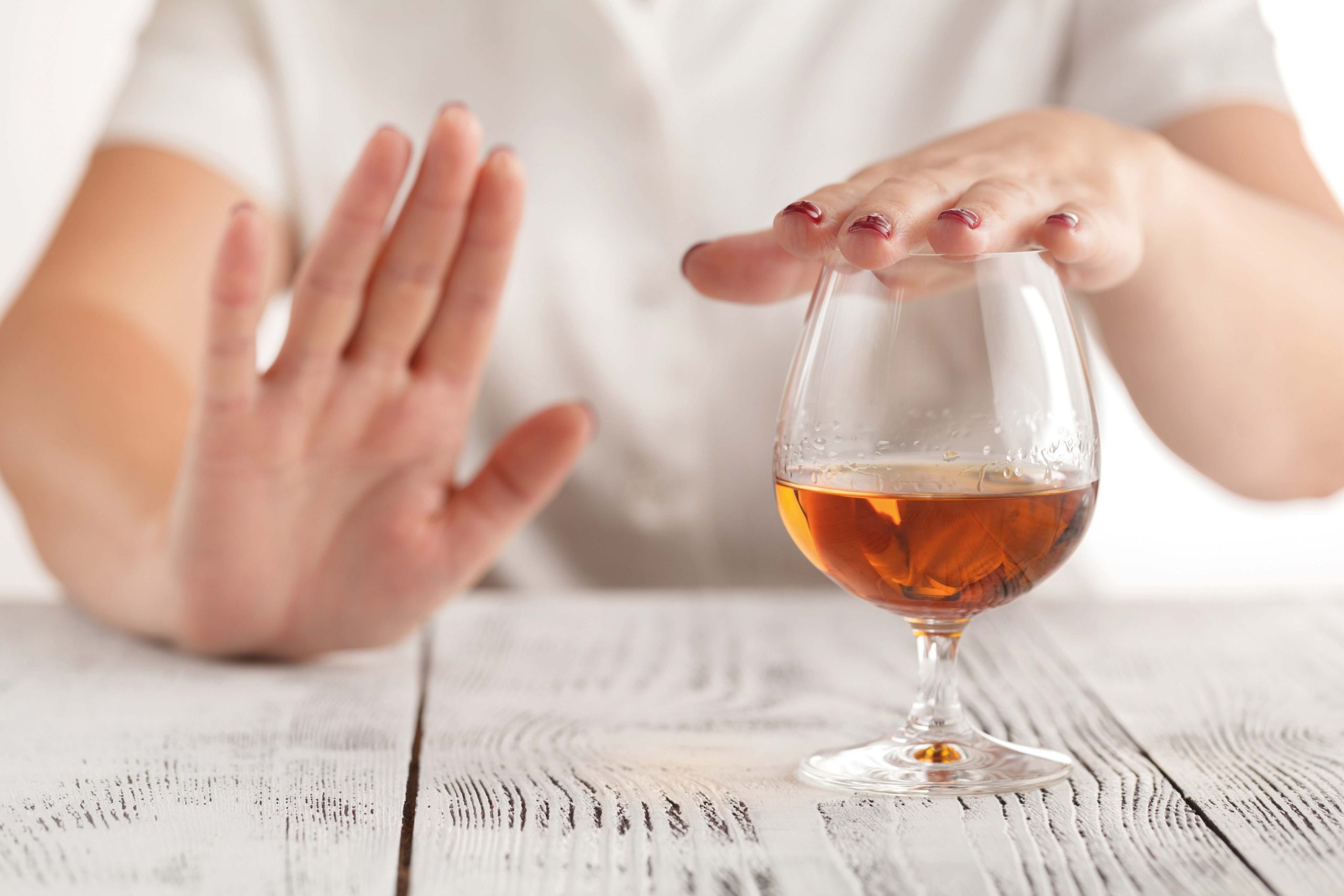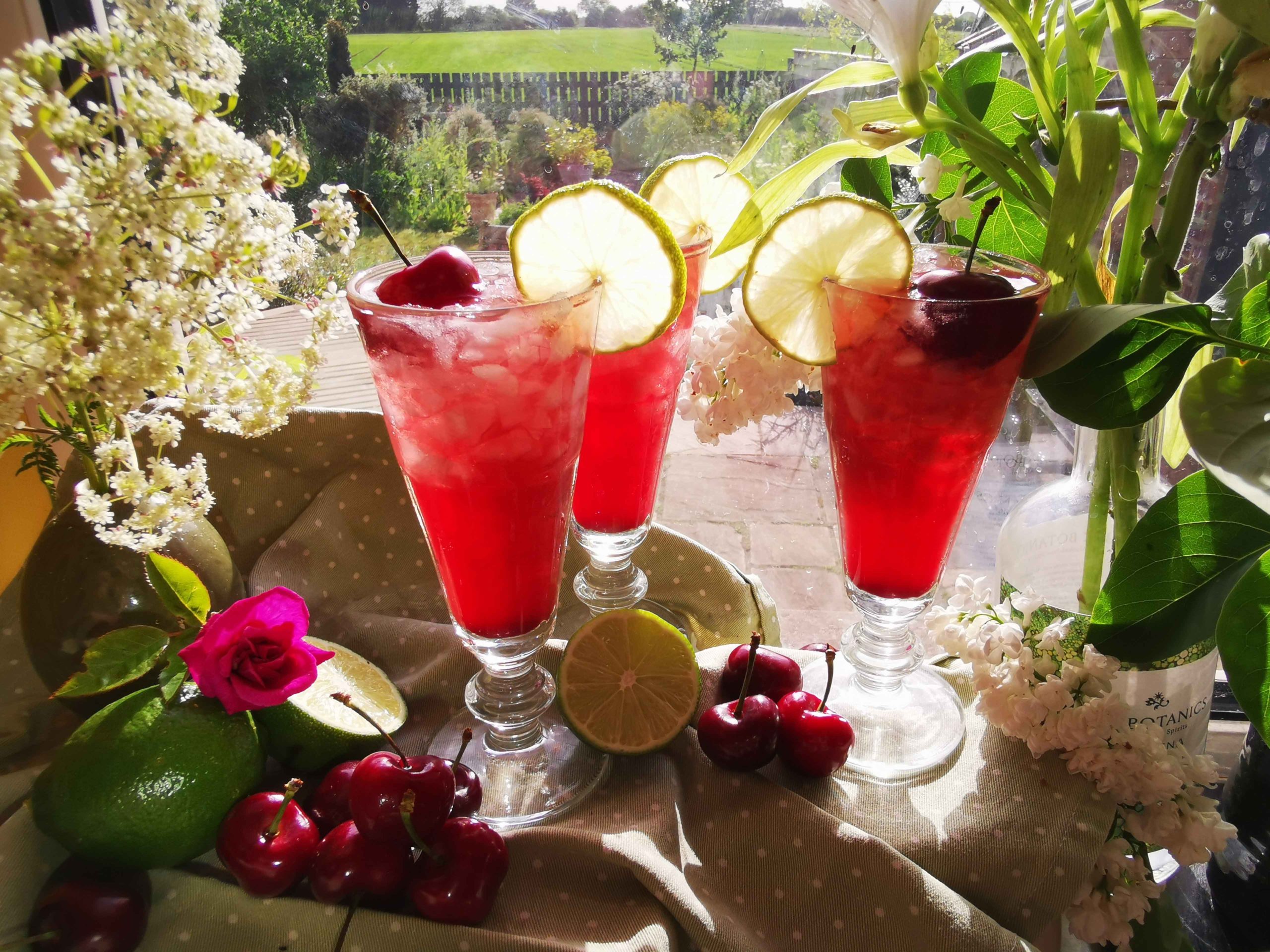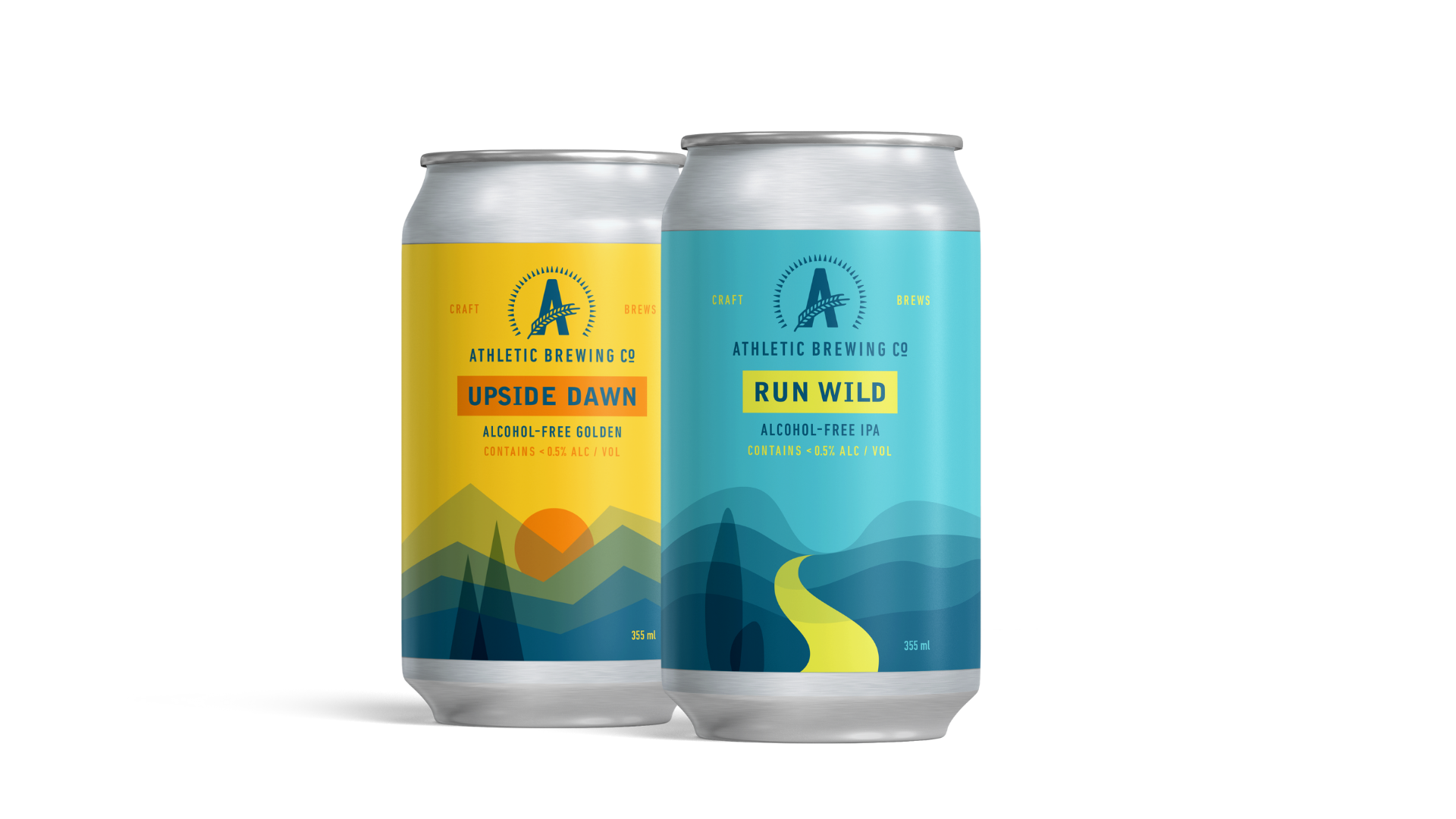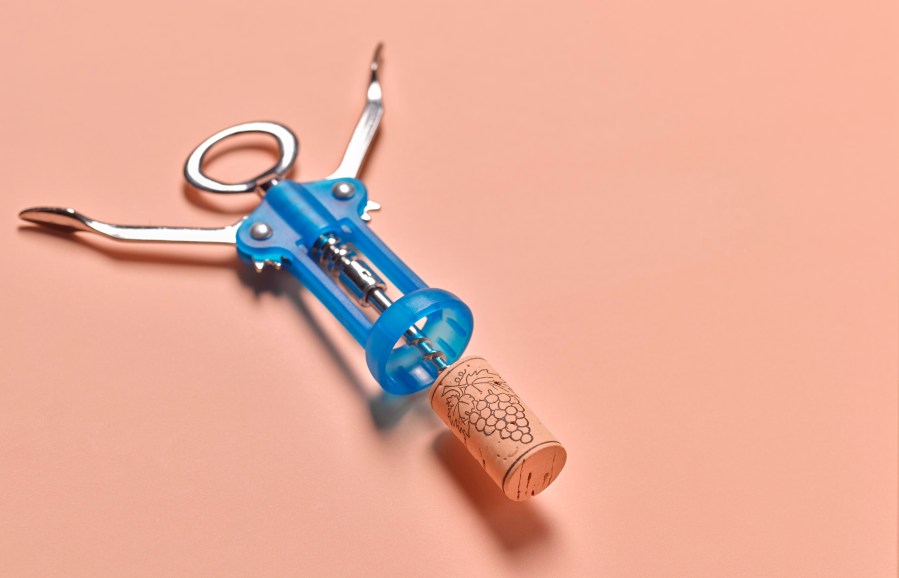Stats show that 6.5 million of us banned the booze last Dry January. Nutritionist Christine Bailey reveals how reducing your alcohol consumption could improve your health, fitness and sports performance, while also helping you lose excess weight…
There’s no doubt that heavy drinking is bad for your health. According to the Office for National Statistics, there were 7,423 deaths from alcohol misuse in 2020. This is a rise of 20 per cent on the previous year.
Even moderate-to-heavy drinking can have damaging effects on a person’s quality of life, mental health, productivity and relationships. But what about the occasional evening tipple or night out with friends?
Previously, we were told the odd drink was beneficial to health. However, now the pendulum appears to be swinging in the direction of ‘any amount of alcohol is bad for you’. Confused? Let’s look at how alcohol affects your body…
What does alcohol do to the body?
Alcohol, or ethanol, is produced by the fermentation of grains, fruits or other carbohydrate-containing foods. With seven calories per gram, it is a source of energy – which means if you regularly drink in addition to your meals, you will quickly find the weight creeping on.
The effect alcohol has on your body is somewhat dose-dependent. Alcohol is a drug and has a depressant effect on the central nervous system. It is metabolised in the liver to the toxin acetaldehyde, which is then converted to carbon dioxide and water for excretion.
Your body can only process so much alcohol per hour. This is why the negative effects are most evident when you frequently or excessively drink, as there is not enough time for the acetaldehyde to leave your bloodstream before it starts to affect your body.
Recent studies appear to contraindicate the previous belief about the benefits of so-called ‘moderate drinking’. In fact, the new guidelines for alcohol consumption produced by the Chief Medical Officers warn that, while adults are advised to drink no more than 14 units a week, drinking any level of alcohol increases the risk of a range of cancers.

Your body can only process so much alcohol per hour. This is why the negative effects are most evident when you frequently or excessively drink.
How does alcohol affect your weight?
In addition to the calories, as your body processes alcohol there is a decrease in fat burning. This makes sense as the body is focused on breaking down the toxin acetaldehyde, and so it shuts down the digestion of other nutrients. This means any fat or carbohydrates you eat will be stored as body fat or glycogen.
So, it is not the alcohol you consume that is converted directly into body fat, but the additional food you consume alongside. Let’s face it, when we drink there is also a temptation to eat some less-than healthy snacks!
So, if you want to drink while dieting and still lose weight, don’t drink more than once per week, be mindful of how many calories you are consuming and avoid eating fatty or sugary foods while drinking.
How does alcohol affect your fitness and performance?
Does drinking alcohol affect your fitness performance? If you’re looking to improve your outcomes or build more muscle, you may need to watch how much alcohol you drink because it can rob you of your hard work after a fitness training session.
First, alcohol is a diuretic and may contribute both to dehydration and electrolyte imbalance. This can result in increased fatigue, poorer reaction time, plus an increased risk of cramps and muscle strains.
Second, moderate drinking may also impair muscle growth. Studies have shown it can affect protein synthesis, resulting in a decrease in muscle growth, and may also hinder muscle recovery.
One of the reasons for its negative effect on fitness performance is its influence on various hormones – alcohol can reduce levels of testosterone and growth hormone, and increase cortisol. The net result is a reduction in muscle growth and recovery after training.
Alcohol can also disrupt sleep, important for performance. While most people think of alcohol as a sedative, it is more likely to have a disruptive effect on your sleep pattern.
It causes a reduction of slow-wave sleep (deep sleep), and an increase in restless Rapid Eye Movement (REM) sleep, plus can lead to earlier-than-usual waking times. The result? A reduction in restorative sleep. In fact, a 2018 Finnish study shows that even just one alcoholic drink can have a negative effect on sleep quality.

Alcohol can negatively affect your sports performance by impairing muscle growth and causing dehydration.
What does drinking ‘in moderation’ mean?
There is no one definition of a ‘standard drink’ or ‘moderate drinking’ – it varies from country to country. In the UK, ‘moderate drinking’ is defined as consuming 14 standard drinks per week or less. This is equivalent to six pints of average-strength beer or six 175ml glasses of average-strength wine. It is also recommended that people have several alcohol-free days a week.
Women typically feel the effects of alcohol sooner than men. This is because they tend to weigh less than men, have less water in their bodies than men and produce fewer alcohol dehydrogenases (a class of enzymes that allow you to metabolise alcohol) than men.
Be mindful that glass sizes differ dramatically, as does the percentage of alcohol content across different brands of the same drink. For example, white wine can have as little as five per cent alcohol by volume (ABV) or as much as 14 per cent.
Curb your cravings…
Want to manage your cravings? Try these tips:
Up your protein:
Protein-rich foods help balance blood sugar and keep hunger at bay, and provide the amino acids that boost certain neurotransmitters which can help reduce cravings. Focus your meals and snacks around lean proteins such as fish, poultry, low-fat dairy, beans, pulses and tofu.
Take L-glutamine:
This is amino acid that helps satisfy the brain’s need for a glucose fix and supports recovery after exercise. Try taking 1,000-2,000mg daily to reduce cravings.
Get fruity:
Cravings are often linked to falling dopamine and blood sugar levels, so snack on fruit that helps raise dopamine. Good choices include bananas, figs, strawberries and citrus fruits. These will also provide plenty of fibre and natural sugars to give you a natural energy boost.
Keep hydrated:
Being dehydrated can often trigger hunger and cravings. Try drinking coconut water or watermelon juice – both are rich in electrolytes and contain natural sugars to help hydrate and energise you.
Be flexible: If you’re prone to cravings, the worst thing you can do is follow a diet that is too restrictive. Flexible dieting is all about creating meal plans that can fit around social events, without undoing all your hard work in the gym.

Healthy mocktail recipes to try
Fancy a booze-free tipple? Thankfully, there are a great range of alcohol-free wines and spirits. Here are a couple of our favourite mocktails to try:
Cherry rickey
The traditional recipe combines gin, lime juice, cherry syrup and a splash of lemonade. Swapping the gin for alcohol-free spirit Bax Botanics Verbena (£18.99) and including cherry concentrate makes a post-workout treat.
- 40ml Bax Botanics Verbena
- 20ml fresh lime juice
- 15ml cherry concentrate
- 60ml diet tonic or lemonade
- Crushed ice
- Lime, cherries and mint to garnish
Combine the ingredients in a jug then add to a glass of crushed ice. Garnish with lime, cherries and mint.
Peach fizz
A delicious combination of alcohol-free botanical fizz and peach purée – elegant enough for celebrations!
- 50ml peach purée or syrup
- 2 drops of natural vanilla extract
- 200ml Wild Life Botanicals Blush (£15)
Simply mix the ingredients together and pour into a Champagne glass to serve.
 Try…Athletic Brewing Company
Try…Athletic Brewing Company
Athletic Brewing Company is reimagining beer for the modern adult, with great tasting alcohol-free brews that are perfect for every occasion.
Currently available in two award-winning flavours: the ultimate refreshing and session-able Run Wild IPA and the lightbodied, well-balanced Upside Dawn Golden. Available from uk.athleticbrewing.com, Dry Drinker and Wise Bartender.







